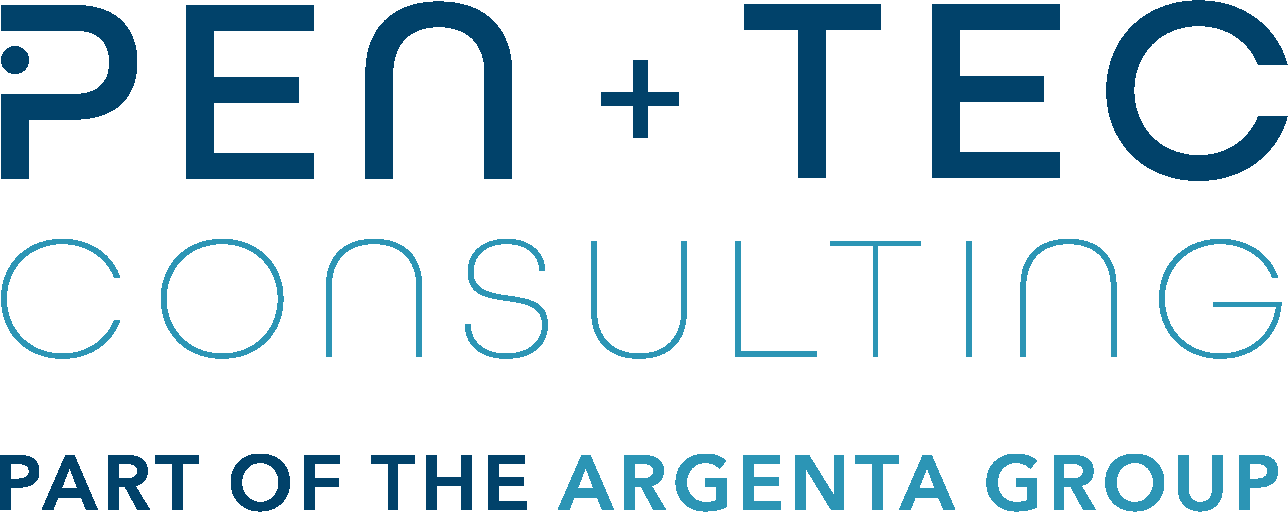CBD containing products in animal feed and food for humans – what is required prior being marketed?
Posted 11 December, 2019
Pen & Tec Consulting is taking part in the panel discussion at Future cannabis strategies Europe 2020 to discuss the regulatory landscape for the CDB industry. CBD-Intel, asked Dr Thierry Kern, Regulatory Affairs Specialist at Pen & Tec Consulting to highlight pecularities of the CBD industry.

Q: How do you see the CBD industry developing in the short term?
A: With the recent EU approval of Epidyolex (CBD) for use in human medicine, and with Epidiolex & Sativex receiving approval in the US as well as Sativex as a combination 1:1 of CBD and THC (tetrahydrocannabinol) last year, a big part of CBD’s immediate future is pharmaceutical. The good news is that although, CBD is still considered a controlled drug in most countries as intrinsically related to THC in Cannabis sativa L varieties, countries are rapidly adapting regulations to accommodate this new medical use. The perception of cannabis as an intoxicant that harms the consumer is progressively changing to cannabis/CBD as a drug that helps patients. The next step: CBD will be used as a functional ingredient in foods, beverage and beauty, and will be positioned as a wellness product for “non-drug” health issues such as pain, anxiety & sleep.
Q: What do you think are the biggest hurdles it will face in the next couple of years?
A: Competent regulatory authorities have all come forward reinforcing that non-authorised CBD-containing products are currently not legally marketable in the EU. Both the UK Veterinary Medicines Directorate (VMD) and the Medicines and Healthcare Product Regulatory Agency (MHRA) have clarified that veterinary/human CBD-containing products claiming to diagnose, prevent or treat a disease are medicines. Equally, the European commission (EC) and European Food safety Authority (EFSA) have made clear that both feed for animal and food for humans containing CBD require approval prior being marketed. Hence, if they have not done so already and want to continue to legally market them, food business operators (FBOs) should register their products.
Q: Where do you see regulation going for the industry? And what impact will that have?
A: Currently, only approved hemp varieties of Cannabis sativa L.-THC maximum content of 0.2% or lower if national provisions apply – are legal for food use in the EU. At present, only hemp seeds & hemp derivatives do not require previous marketing authorisation, as do many other botanical extracts. Other CBD containing products fall under the novel food regulation and need to undergo a pre-market safety assessment before being sold in the EU. Furthermore, if companies want to make health claims about the benefits of CBD then a health claim approval is also required, and it is important to note that health claims are notoriously difficult to obtain in the EU.
The downside of the growing interest for CBD is that it generates greater scrutiny from regulatory authorities leading to enforcement measures and imposition of tighter controls. In the EU, CBD has been classified as a novel food. Under the novel food regulation, EU Member States should issue fines to companies that are selling non-approved novel foods. The fines differ between Member States, but can range from 400 € to 40,000 €.
Enforcement has been very limited so far, although reporting of illegal marketing of CBD has dramatically increased. Since 2018, around 200 reports have recorded via the EU Rapid alert system. However, the market is still flooded with CBD containing products. Once the first company receives an authorisation for CBD, the authorisation will likely be linked specifically to that company meaning no other company will be able to sell CBD for a period of 5 years unless they get their product authorised. This will see a lot of companies pushed out of the market, so the race is on!
Q: What consumer CBD products are likely to be the biggest in terms of sales for companies in the near future and why?
A: CBD market as a medicinal drug will comfortably grow following the recent approval of Epidyolex. Regarding the feed or food market, we are not in a position to comment on specific products, but we anticipate that CBD in food will be used in a wide variety of ways from food supplements, to drinks, gummies & even sports nutrition. However, one of the biggest advantages that FBOs will draw from obtaining approval via the novel food regulation is that it will allow the FBO to legally promote their products, which should significantly and positively impact their market share.
Q: Where are you looking to see market growth in the near future?
A: In feed and food, although not yet authorised anywhere in the EU, CBD may currently be found on the market in unauthorised CBD enriched hemp extract oil or as high content or purified CBD products (oil, powder, capsules, oral solution, etc.). There is evidence, however, that products including cosmetics and ones sold as high concentration CBD extracts placed on the market without authorisation, actually contain little CBD or none at all.
As EFSA will assess the product’s quality and safety, an EU approval will provide certainty to the consumer that the product has the required quality, i.e. the product actually contains the quantity indicated on the label and it is safe for its intended uses. It is therefore likely that consumers will choose or switch to an approved CBD-containing product. The FBO will also be able to apply for health claims that it will be unable to make otherwise.
Q: What strategies would you say CBD stakeholders should think about going forward?
A: Significant long-term pre- and post-approval investment of capital & resources are needed to achieve approval for a veterinary or human medicinal product. The advantage is that approval for a veterinary medicinal product allows excellent intellectual property protection. Suitable commercial partners are likely to be large veterinary pharmaceutical players. However, most have a low appetite for risk and sometimes a slow decision-making process.
As feed, CBD compounds will almost certainly be considered by the EC & Member States as feed additives. Zootechnical feed additives require proof of efficacy but are holder specific. The pet food/companion animal market is huge & would be worth investing in.
As a food, provision of proprietary data as part of the application can provide data protection for 5 years, meaning that only the authorisation holder can legally sell the product in the EU for a period of 5 years. Otherwise, the approval will be generic. This means that any company will be able to sell CBD provided it meets specifications and production as well as use levels (e.g. 3mg/kg/day) and condition of use (e.g. cookies, beverages).
CBD has not yet been approved neither as feed nor food in the EU but once it is, other companies will be more compelled to stop illegally selling CBD, in order to avoid legal challenges.
The opportunity for CBD stakeholders is therefore to be the first on the market – different companies can consider doing a common submission in order to share the costs of registering CBD as a novel food and set the precedent of the first novel food also approved as a medicine.
 By Dr Thierry Kern, Regulatory Affairs Specialist
By Dr Thierry Kern, Regulatory Affairs Specialist
Pen & Tec Consulting
